What to Know About Retinol, the Handsome-improving Skincare Ingredient You Need
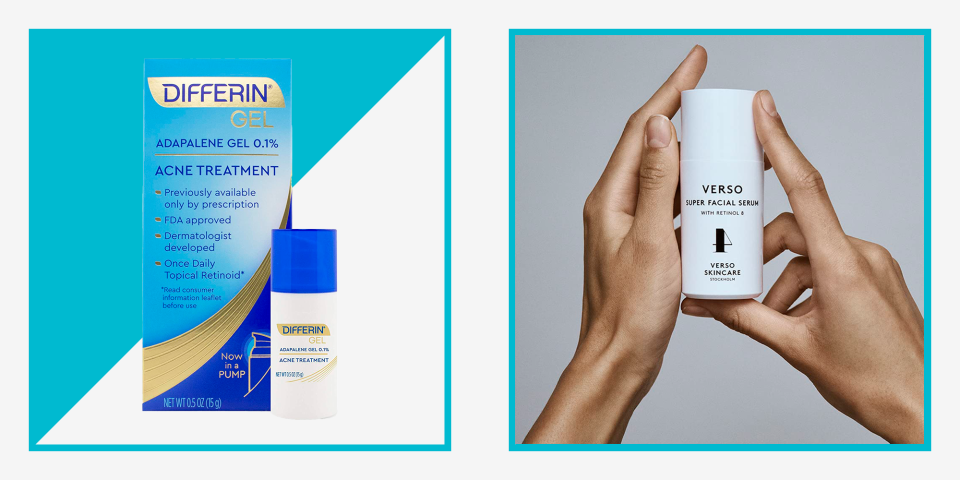
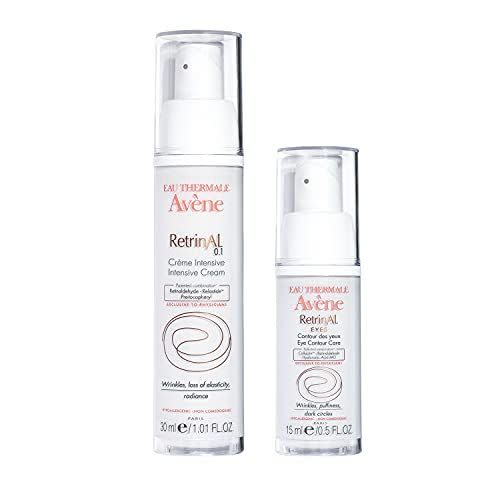
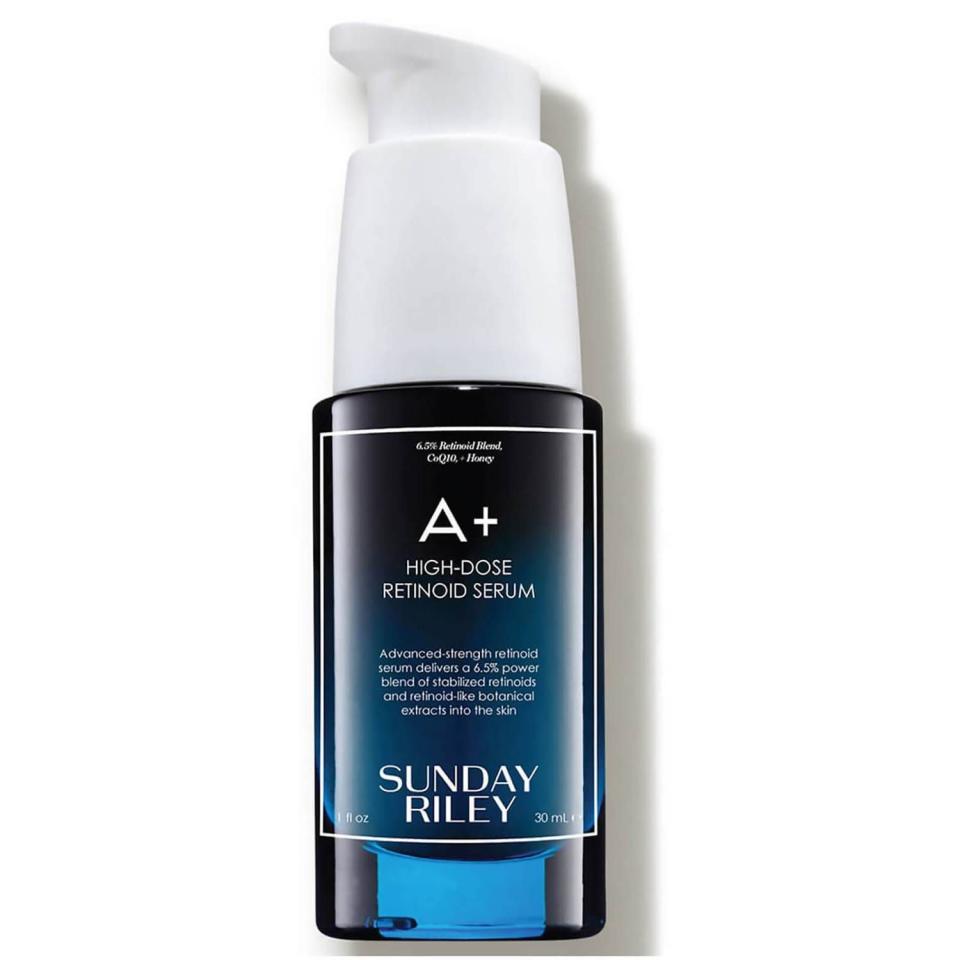
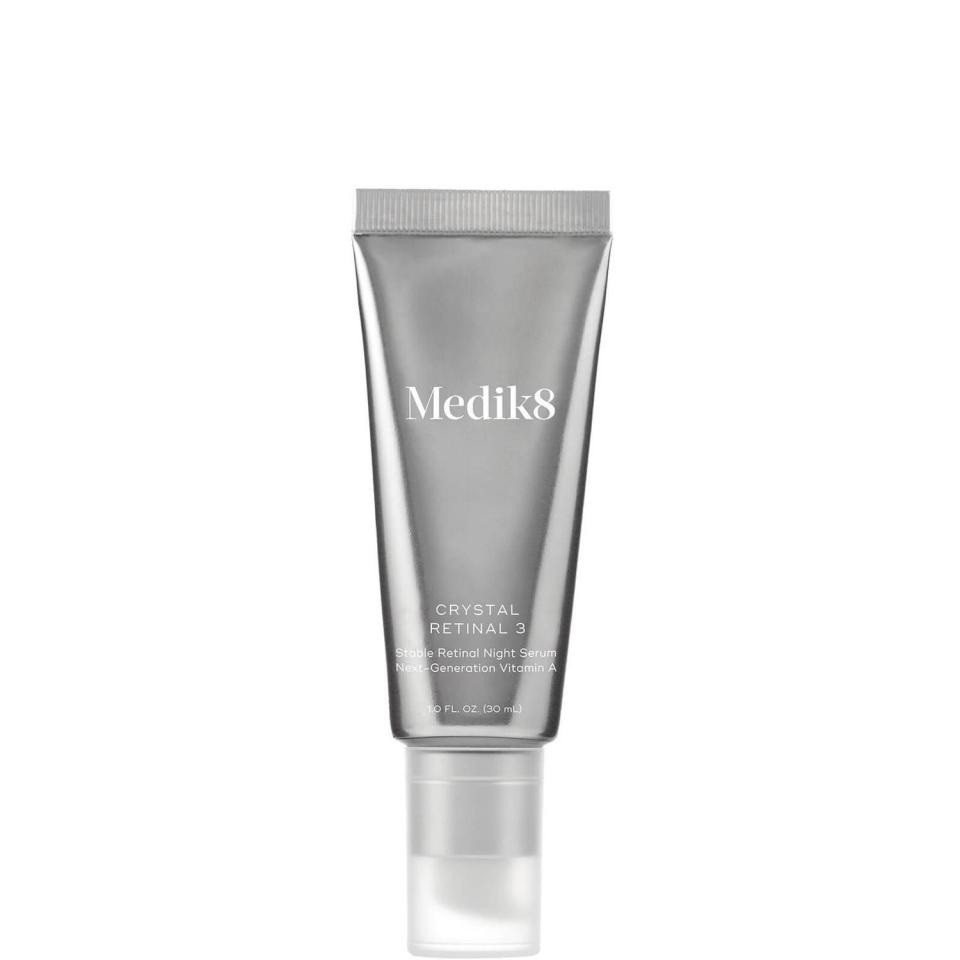
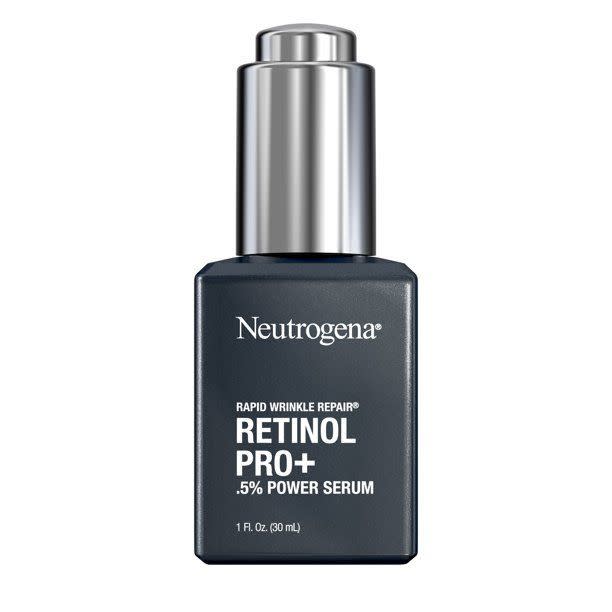
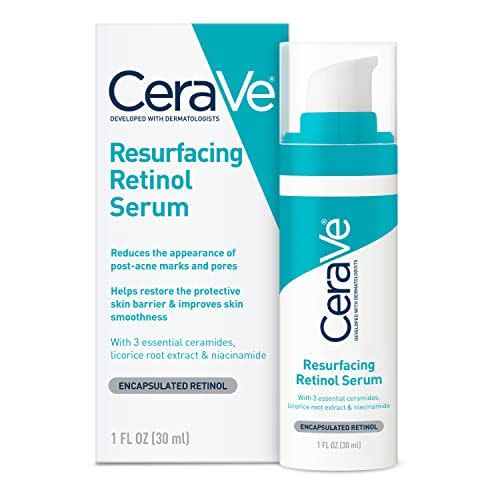
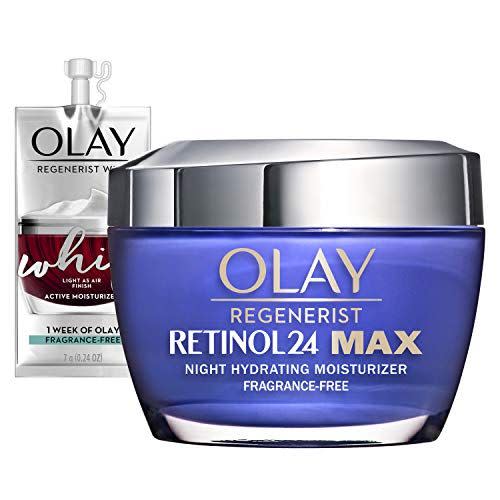
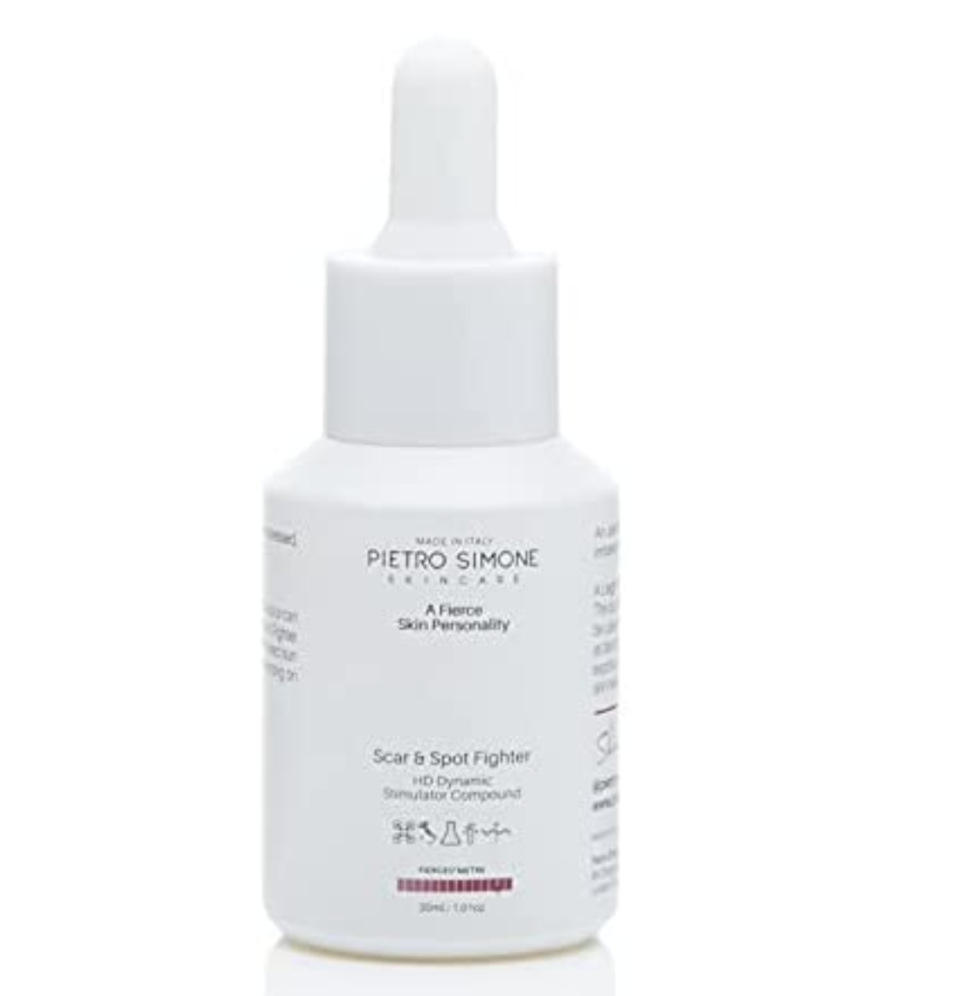
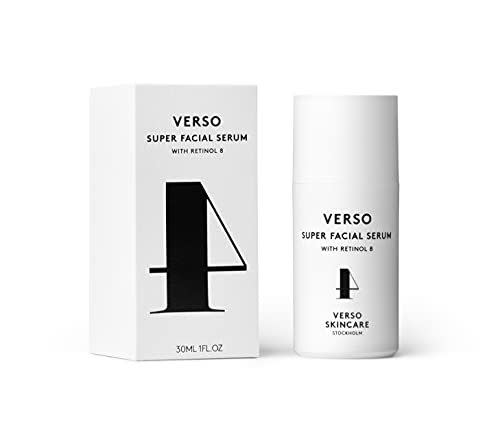
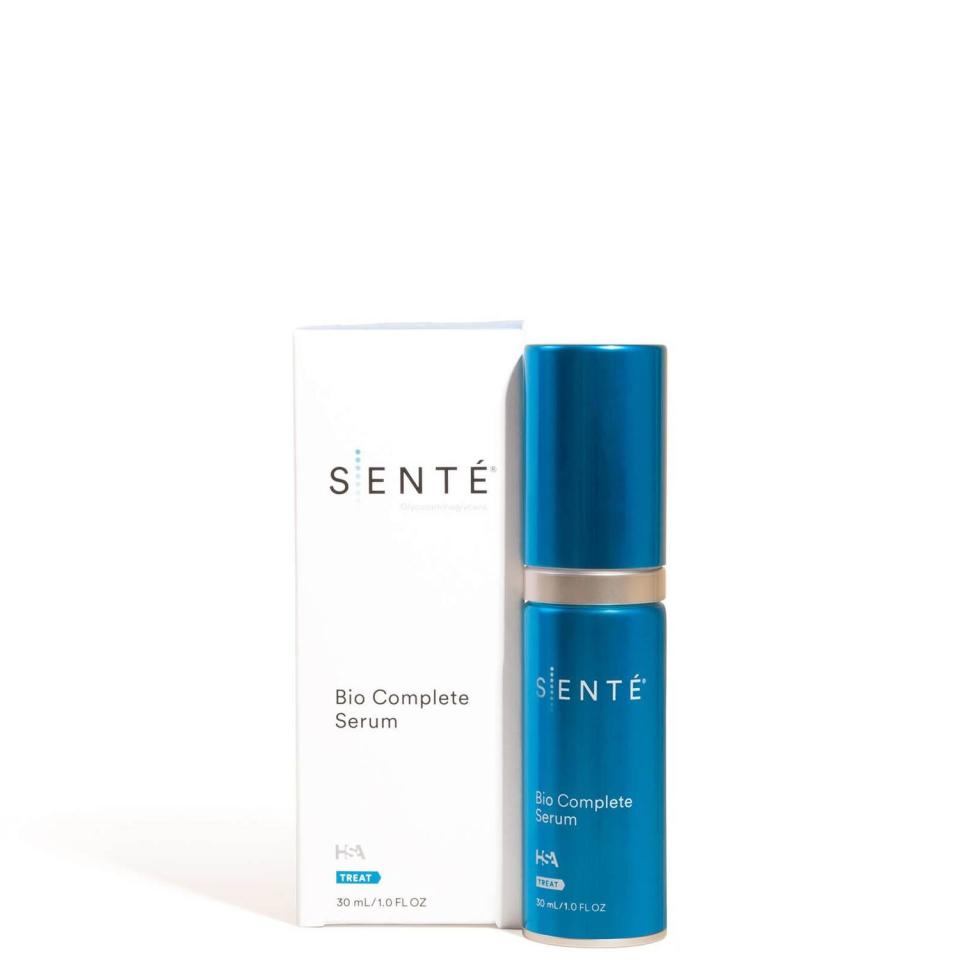
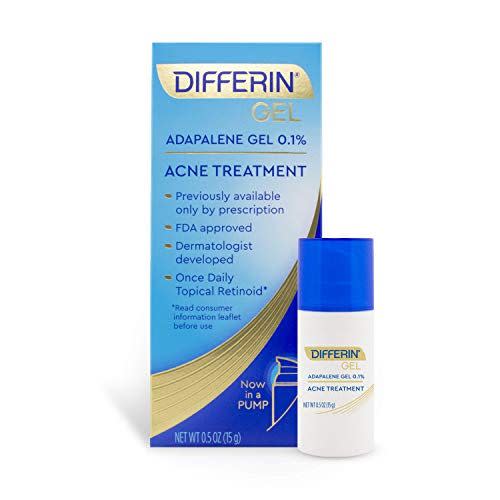


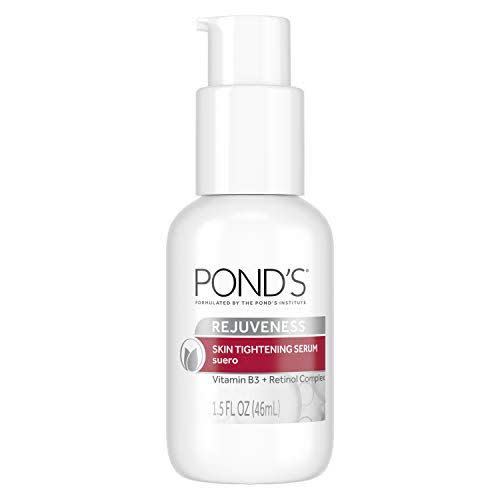
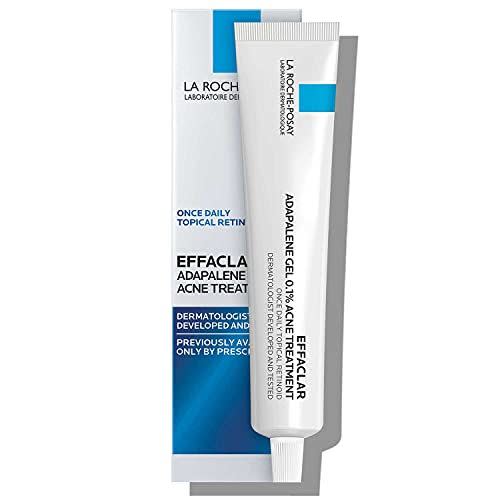
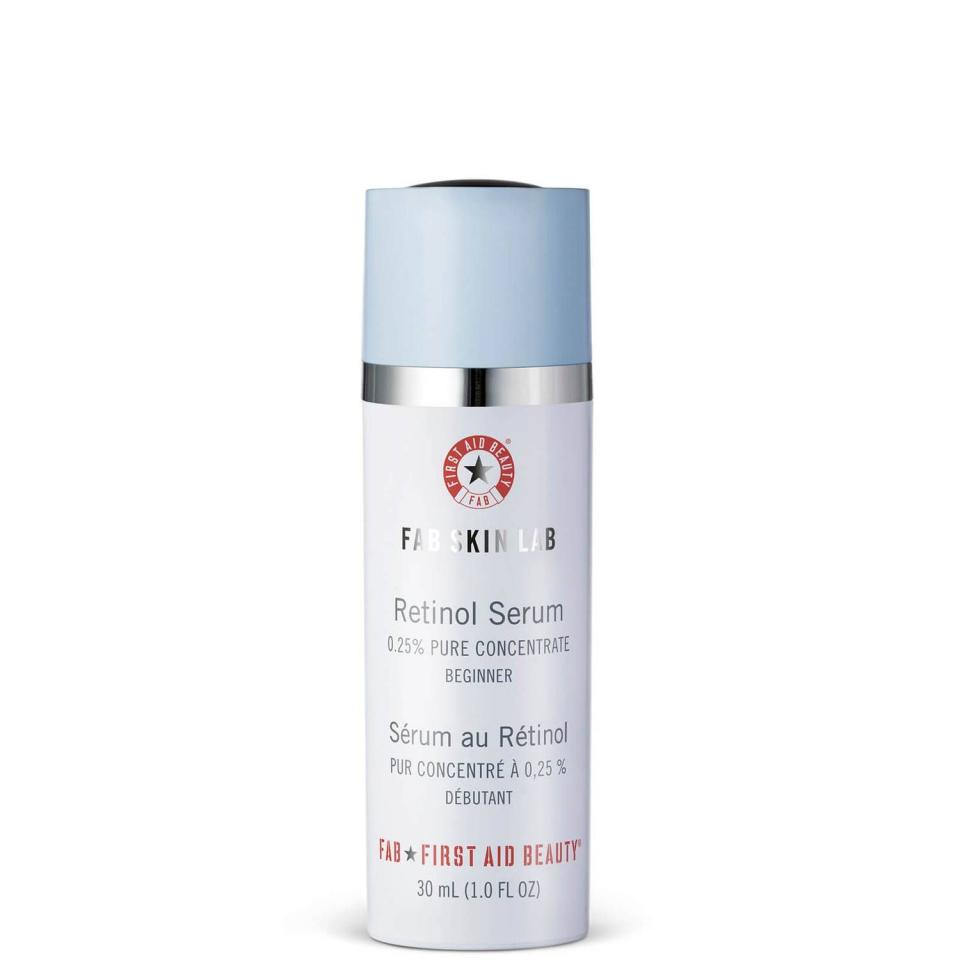
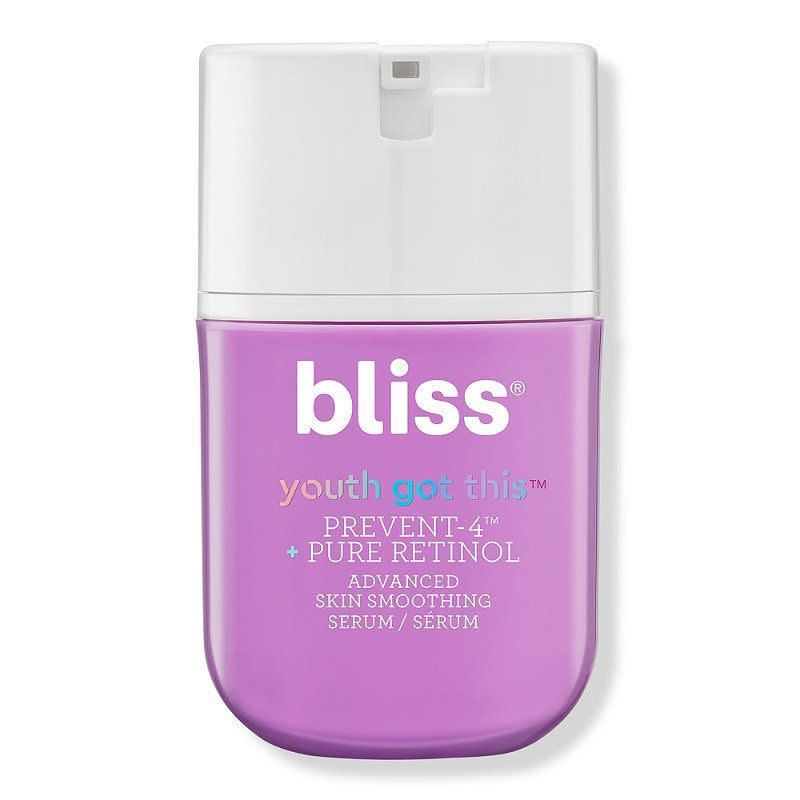
What to Know About Retinol, the Handsome-improving Skincare Ingredient You Need
A lot of skincare ingredients only affect the outermost layer of the skin, which means the results are only temporary at best, because the skin is constantly shedding dead skin cells so that the new ones can come to the surface. But there are a handful of skincare ingredients that can penetrate into the deeper layers of the skin for real, lasting skin benefits. One of those ingredients you've probably heard of is retinol.
But what is retinol? Famous for its anti-aging benefits, retinol actually has many benefits beyond just improving the appearance of wrinkles. “Retinols are vitamin A derivatives that manage to tackle just about every skin concern—dark spots, dullness, acne, wrinkles, and they even help build collagen,” says Papri Sarkar, MD, a dermatologist in Brookline, Massachusetts. Retinol is one of the most used and most studied skincare ingredients, and it's no surprise that it's also one of the most effective.
But even though dermatologists agree that everyone should incorporate a retinol into their skincare routine no matter what that routine may be, it does come with a few caveats. There are possible side effects to using a retinol, particularly if you have never used one before. Most common is dryness, flaking and irritation as your skin gets used to it. Luckily, your skin usually acclimates “over several weeks” and those effects go away, says Michigan-based dermatologist Linda Honet, MD. “The key to success with retinols is to start low and slow,” she says. Most dermatologists advise using a new retinol one night a week and then gradually working your way up to at least every other night. And always following it with moisturizer.
Dermatologists also recommend only using retinol in the evening because it can sensitize your skin, especially at first, which leaves it vulnerable to sun damage during the day. Some experts also advise that retinol is also photosensitive—which means it can lose its potency when exposed to sunlight. Limit using your retinol to bedtime only and always use sunscreen during the day when you are using retinol, says Elisabeth Shim, MD, a dermatologist in Santa Monica, CA.
And, of course, which retinol product you use can make a difference, too. Whether you’re a beginner or retinol veteran, have dry or oily skin (or anything in between), or are hoping to target wrinkles or acne, there is a retinol product out there for you. We spoke to expert dermatologists to get their top recommendations for every face.
Read more: Best Anti-aging Products for Men
Top dermatologists recommend the best retinol products for men to buy now, to reduce fine lines and wrinkles and even skin tone.